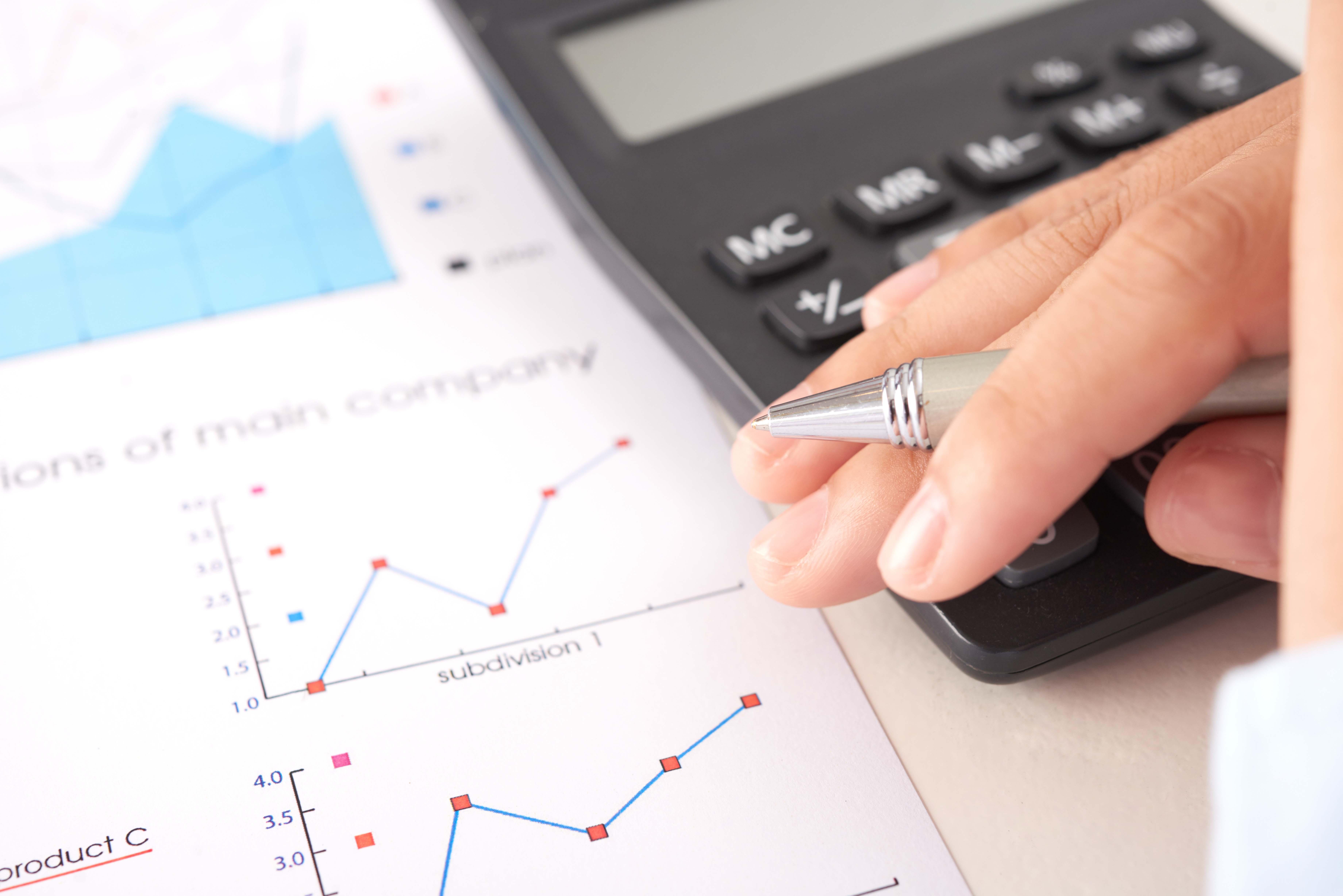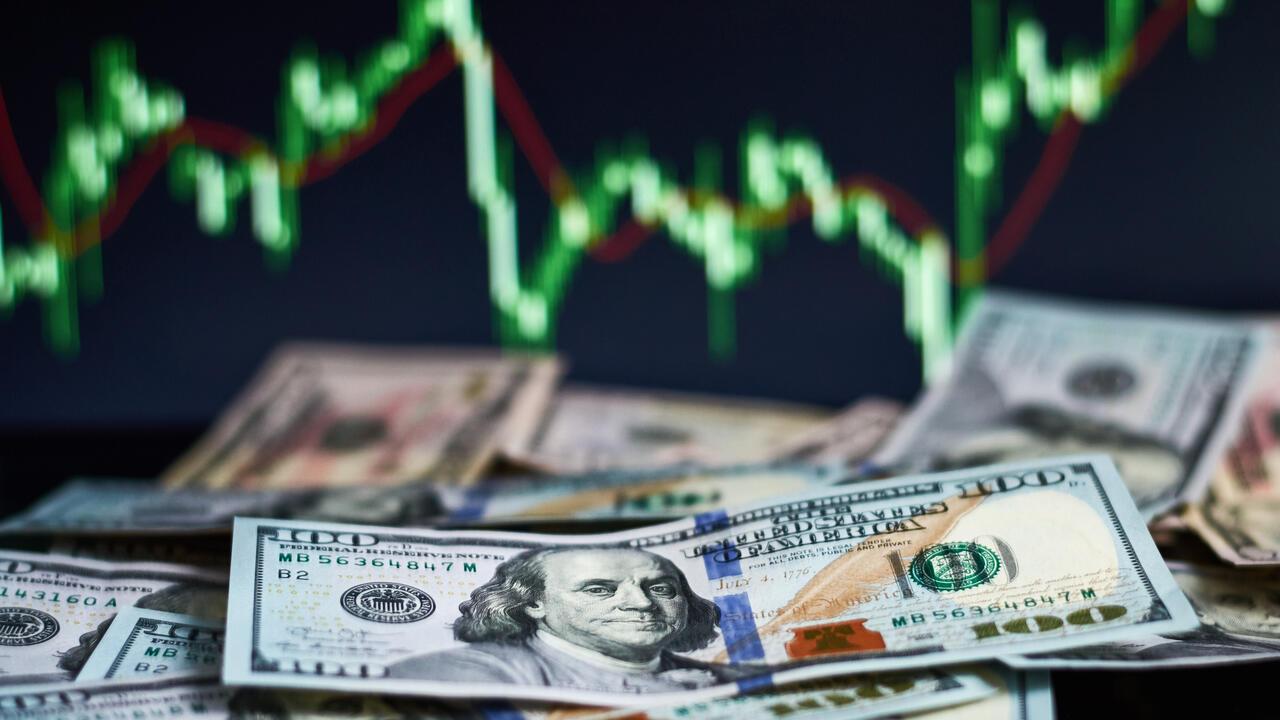The global economy has been severely tested over the past two years: the coronavirus pandemic, problems with the production and supply of goods around the world, a drop in consumer demand, followed by its growth and high inflation.
Not all of the 2020-2021 challenges have been resolved, but they set the stage for 2022 trends.
Slowdown in global recovery
The global economy continues to recover, but the pace may slow down in 2022. This is due both to the spread of a new strain of coronavirus (omicron), and to the curtailment of budgetary and financial support programs in various countries and rising inflation.
According to the World Bank, the global economy grew by 5.5% in 2021 after a contraction of 3.4% in 2020. In the future, a slowdown in growth rates to 4.1% in 2022 and 3.2% in 2023 is expected.
Bank analysts expect economic growth to return to pre-pandemic averages. At the same time, in developed countries, they will be higher than before, and in developing countries - lower. In the case of Azerbaijan, growth rates will exceed the average of the last decade - 3.1% for 2022 and 2.7% for 2023.

In 2021, the Azerbaijani economy showed good results. At the end of the year the growth was 5.6%, with the non-oil economy increasing by 7.2%, and the non-oil industry surging 18.9%. While there are no data for 12 months, the figures for January-November show a significant increase in trade, including exports. Non-oil exports alone reached a historic $2.4 billion.
However, not all sectors have been able to recover - tourism has not yet returned to pre-pandemic levels. Despite the overall growth in the industry, in some sectors, production and processing are still at a low level. The logistics and transport market also saw a contraction. However, in 2022, problems with global supply chains, if not completely resolved, but at least will be minimized. Ports in the US, Europe and Asia, which have been congested amid the suspension of operations due to coronavirus outbreaks, are gradually returning to normal operation.
Export-oriented Asian countries - Thailand, Vietnam, Malaysia and others - have already been able to vaccinate a sufficiently large number of the population, which makes another downtime at factories unlikely.
Digitization of economy and development of technologies
Digital currency - one of the most discussed topics last year - will reach a different level in 2022. The National Bank of China launched an e-wallet for the ‘digital yuan’ this year. Local IT giants will help expand its reach, and a recent joint venture with SWIFT, a global interbank information transfer and payment system, suggests that the ‘digital yuan’ can become a transnational currency.

Similar studies are underway in Canada, Turkey, Sweden, Russia and many other countries. Some states, such as China, have already started using digital currency, and Russia will begin its first tests this year.
Azerbaijan has also joined this trend. In the middle of last year, the governor of the Central Bank of Azerbaijan, Elman Rustamov, noted that the regulator is studying the introduction of the digital manat and regularly discusses this issue with the Central Bank of Turkey. He emphasized that the digital currency will be a serious component of the digital economy.
In other words, this trend has also found a serious response in Azerbaijan. The exact dates are still unknown, but it is quite possible that this year we will hear new details of the CBA research.
Digital currency is just one part of the online transition that is happening all over the world.

The COVID-19 pandemic has shown how important advanced technologies, such as blockchain, are for the work of government agencies and private companies. Back in 2020, when the coronavirus began to spread around the world, causing problems in the work of government agencies (hospitals, schools, etc.), in one country - Estonia - the government was able to quickly organize the smooth operation of departments. Online classes, digital learning materials and a huge range of public services that are available online - all this was in Estonia even before the pandemic. Some public services were provided as before, because they were already operating online. Others quickly adapted to the new situation, because the country has been investing in the development of digital technologies for years. Many services in the country operate on the basis of blockchain technologies.
True, digital technologies do not always mean good. In connection with quarantine measures, companies and government agencies around the world have transferred their employees to remote work. On the one hand, this contributed to the emergence of new services and technologies, but on the other hand, it led to an increase in people's workload.

A survey by the recruiting company Robert Half showed that about 70% of people who work remotely began to work on weekends, 45% began to work more than 8 hours on weekdays. According to The Guardian, in Europe, working hours have increased by an average of 2 hours.
It's not that the volume of work has increased - being at home, people began to rush less. Economists used to think that the development of digital technologies and process automation would reduce the work time of employees, but new research shows that the process has gone in the opposite direction due to the coronavirus pandemic.
The fight against rising prices
High inflation is another trend in the global economy that began to unfold amid the coronavirus pandemic and entered a new round in the second half of 2021.
In the United States, the annual inflation reached a maximum of the last 40 years - 7%, in the Eurozone - 5% (a record of 31 years). The inflation rate in Turkey reached a maximum of 19 years at 36.08%, in Italy - 1.9% (record of 10 years), in the UK - 5.4% (record of 30 years), in Germany - 5.3% (record of 30 years), in the Czech Republic - 6.6% (record of 13 years), in Russia - 8.4% (record of 7 years), in Kazakhstan - 8.4% (record of 6 years), in Ukraine - 10% (record of 5 years), industrial inflation in Ukraine reached 62.2% (record of 26 years).

The FAO Food Price Index reached a 10-year high of 133.7 in 2021.
According to the World Bank, last year inflation in many countries around the world reached a ten-year high. Some 80% of emerging markets have experienced a sharp spike in inflation over the past few months, and a third of countries have experienced double-digit inflation. At the same time, price increases may continue into 2023.
Many countries, as part of the fight against rising prices, began to curtail stimulus programs and financial support measures.
In Azerbaijan, at the end of 2021, inflation was 6.7% - the highest since 2017, when 12.9% inflation was recorded (data from the State Statistics Committee).

In order to prevent further price increases (mainly for food products), the Cabinet of Ministers of Azerbaijan adopted six basic principles: emphasis on local production of food products, subsidizing production, liberalizing food prices, preventing artificial price inflation, providing a margin for business and subsidizing taking into account the results.
In recent years, the Azerbaijani government has taken serious steps to meet the country’s needs for basic agricultural and food commodities. For example, the demand for beef is 90% provided by domestic resources, mutton and eggs - by 100%, dairy products and chicken meat - by more than 80%, fish products - by 81.7%, potatoes - by 90.6%, vegetables - by 110.4%, tomatoes - by 131%, fruits and berries - by 116.3%, walnuts and hazelnuts - by 138%, salt - by 111.4%, carbonated and mineral water - by 90-95%, cheeses - by 88.1%, fruit juices - by 130.5%, etc.
There are some difficulties with wheat. About three million tons of wheat are consumed annually in the country, but production volumes are 2 million. Due to the lands suitable for sowing in the territories liberated from occupation, it will be possible to produce an additional 200,000 tons of wheat, but this still does not cover the entire demand.
As another measure to ensure food security, it is safe to note the documents signed on January 14 as part of the visit of Azerbaijani President Ilham Aliyev to Kyiv.
As Minister of Agrarian Policy and Food of Ukraine Roman Leshchenko recently said in an interview with AzTV, both countries have already created a specialized working group. Deepening cooperation in the field of agriculture and issues arising from the signed documents is planned to be discussed during his visit to Baku this year.
Azad Hasanli, analyst


 https://static.report.az/photo/c56e941d-a9a0-3652-953b-48de03ca0baf.jpg
https://static.report.az/photo/c56e941d-a9a0-3652-953b-48de03ca0baf.jpg

